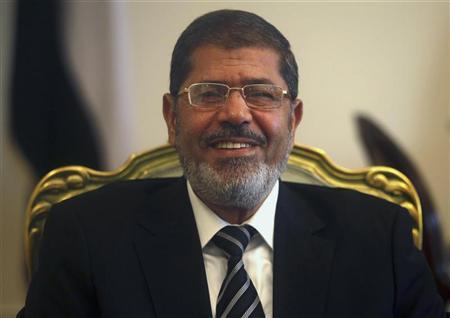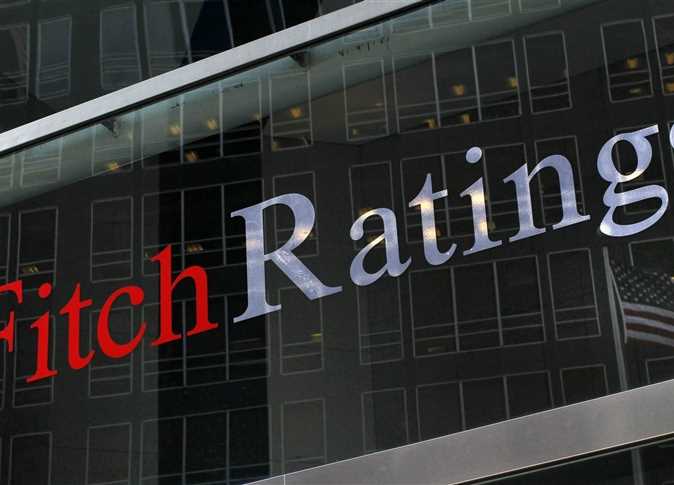
President Morsy’s latest address to the nation—at Saturday’s opening session of the Shura Council’s new cycle—provoked a few sarcastic headlines in Sunday’s papers.
Independent daily Al-Sabah observes that “Morsi speaks about the Egypt he imagines,” criticizing the president’s speech as overly optimistic and writing that the new president is following toppled President Hosni Mubarak’s path by ignoring clear problems in the country.
In his address, published in state-run Al-Ahram, Morsy announced that the passing of the new Constitution has ended the long transition period and initiated a new era of equality and prosperity. He repeated his invitation to political parties and opposition to join a national dialogue.
Morsy’s description of the economic situation received the most criticism. The president attacked those who claim that Egypt is heading towards bankruptcy and detailed the different sectors in which Egypt’s economy has improved.
Opposition newspaper Al-Tahrir headlined with a critical description of the scene of the nationally televised speech, contrasting the elaborate preparations to the unimpressive content speech and calling Morsy “Mubarak’s identical copy”:
“A 30-car motorcade, trees to welcome his highness at the parliament, evacuation of the Ministry of Health building…removing graffiti that demands justice, and a weak speech.”
The paper’s chief editor Ibrahim Eissa wrote that the address was “ boring, repetitive, (and) separate from reality.”
News also looms of an expected cabinet reshuffle.
Privately-owned Al-Shorouk reports the cabinet reshuffle will take place within two days. It cites government sources saying that the Freedom and Justice Party is pressuring the government to replace some ministers who are not aligned with the Muslim Brotherhood.
Ayman Al Sayad, a former adviser to Morsy who recently resigned, wrote an address of his own to the President in Al-Shorouk. El Sayed is one of at least seven top advisers to the president who have resigned over the past month.
Al Sayad argues that the advisory group on which he served failed in its main task, which was to bridge the gap between the president’s supporters and the Brotherhood on one hand and the rest of the country on the other.
Al Sayad reproached the President for addressing “his people” rather than the nation. He also criticized the use of religion by the president’s supporters and wrote that the last straw came when the president’s aides, including himself, failed to convince the Brotherhood to refrain from sending its youth to attack a sit-in at the presidential palace earlier this month which led to deadly clashes.
“Mr. President, I walk away maintaining cordiality and respect to you and other friends in your group but I cannot be a hypocrite and unfortunately I now feel that staying close to you entails hypocrisy and deception to myself and others,” he concluded.
Egypt’s papers:
Al-Ahram: Daily, state-run, largest distribution in Egypt
Al-Akhbar: Daily, state-run, second to Al-Ahram in institutional size
Al-Gomhurriya: Daily, state-run
Rose al-Youssef: Daily, state-run
Al-Dostour: Daily, privately owned
Al-Shorouk: Daily, privately owned
Al-Watan: Daily, privately owned
Al-Wafd: Daily, published by the liberal Wafd Party
Youm7: Daily, privately owned
Al-Tahrir: Daily, privately owned
Al-Sabah: Daily, privately owned
Freedom and Justice: Daily, published by the Muslim Brotherhood's Freedom and Justice Party
Sawt al-Umma: Weekly, privately owned
Al-Arabi: Weekly, published by the Nasserist Party
Al-Nour: Official paper of the Salafi Nour Party




